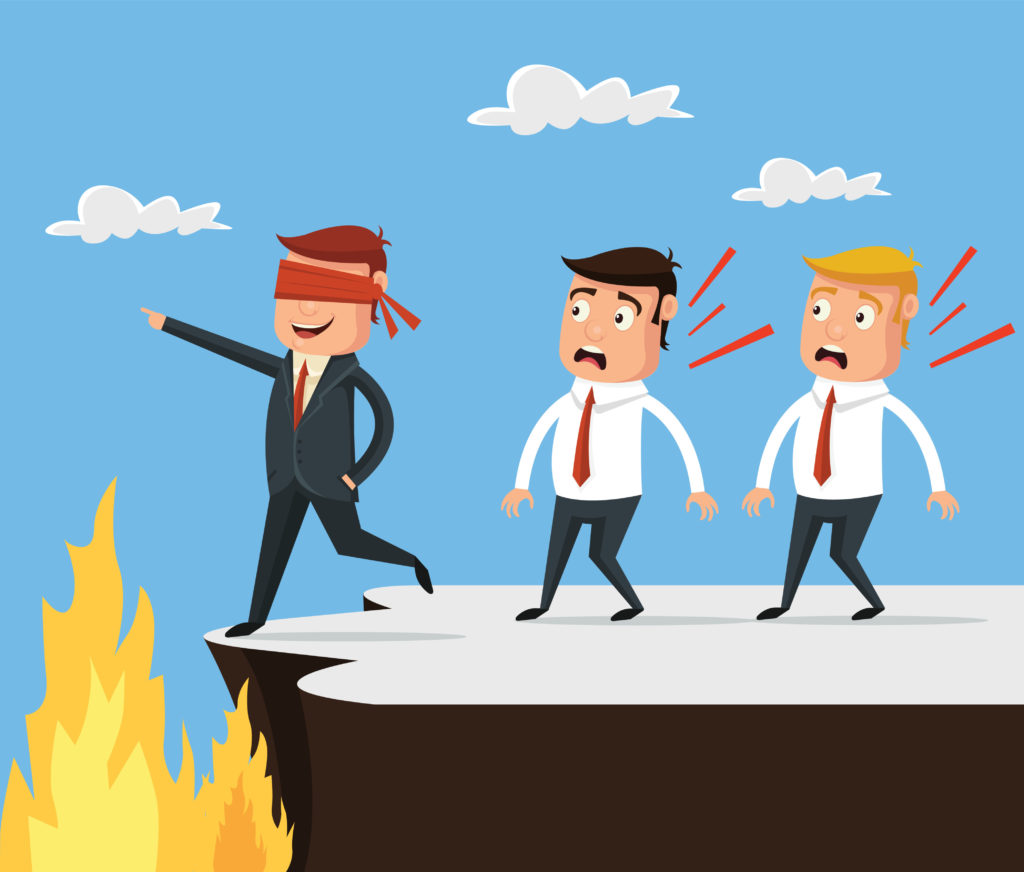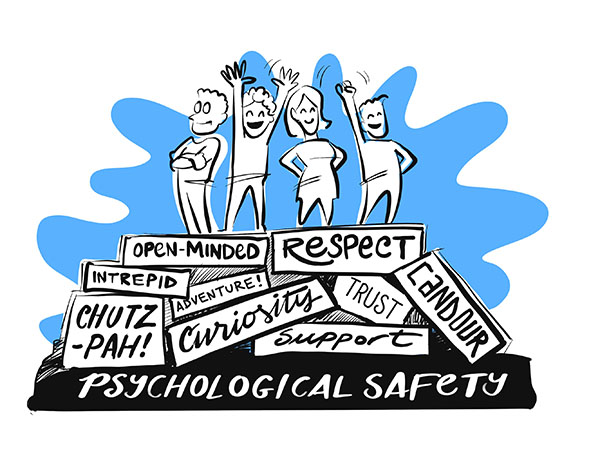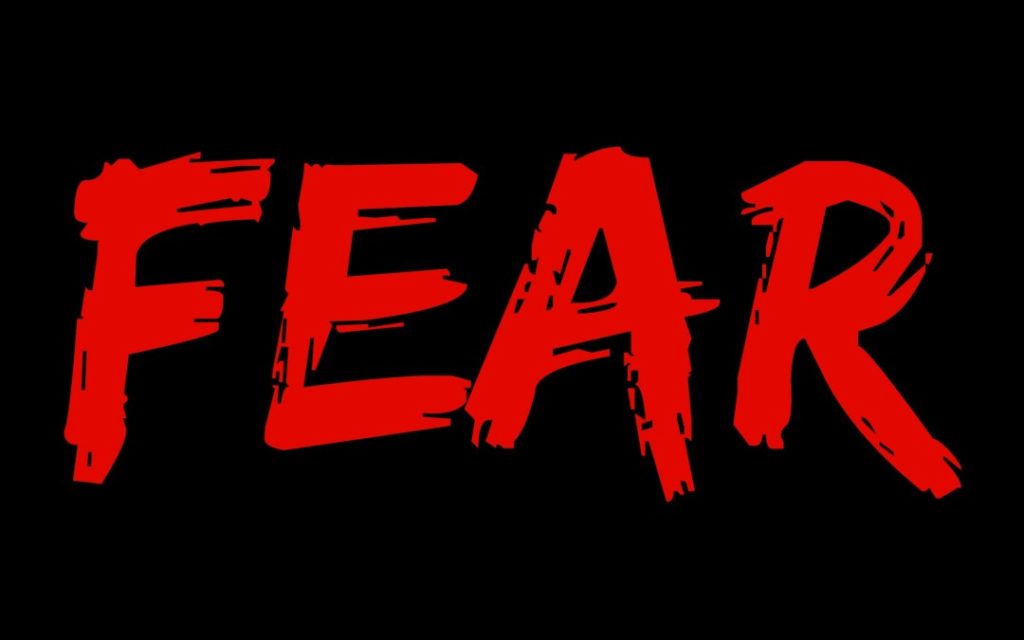Organizational Change: What Executives Commonly Get Wrong

Now, more than ever (primarily because of the pandemic), organizational executives are clamoring for change within their organizations. Most commonly, I am hearing executives saying that they need to become more agile. This is great! But, let us stop and ask ourselves, what does organizational change require? What Organizational Change Requires There are two books […]
The Key to More Psychological Safety

Leadership experts and practioners from Patrick Lincioni (author of The Advantage: Why Organizational Health Trumps Everything Else In Business) to Ed Catmull (President of Pixar and Disney Animation, and author of Creativity, Inc.) all seem to agree: a signal of organizational health and necessary condition of team and organizational effectiveness is employees’ ability to speak […]
Becoming a More Positive Influence: Heal Thyself and Lead from Heart, not Hurt!

Learn what Brené Brown has to say about: 1. What prevents leaders from being more effective, 2. How it is critical for leaders to become more self-aware in order to become more effective, and 3. What is required of leaders to actually move the needle on their effectiveness.
Becoming a More Positive Influence: Show Appreciation

The difference between recognition and appreciation can mean the difference between being a weak positive influence and a strong positive influence on those you lead.
Becoming a More Positive Influence: Are You the Villain?

Why are leaders commonly villains? They have some fears and insecurities that cause them to act in ways that are fully justified to them, but are actually damaging to those they lead.
Becoming a More Positive Influence: Know How to Build Trust

If we can better understand how we evaluate trustworthiness in others, we can do a better job of managing the trust that others have in us.
Why Do Organizations Miss the Mark when Developing Their Leaders?

Thus, if organizations want to more effectively develop their leaders, they need to focus on the three foundational elements of self-leadership: self-awareness, mindfulness, and emotional intelligence.
The 12 Fears that Bring Out the Worst in Our Leadership

Fear is the root of dysfunctional leadership. I hope by reading this, you have awakened more to that reality; which, in turn will help you: (1) become a more effective leader, and (2) abolish fear from your culture so that your leaders and employees can be at their best.
What is Inclusive Leadership & Why is it Important?

This is where inclusive leadership comes in. If we want our employees to be engaged, motivated, and committed, their leaders need to behave inclusively, meaning giving them a voice and valuing them.
To Become Mindful, You Must Know Your Mindsets

Whenever I see leadership changes, I can’t help but think that what lied at the root of their inability to be more successful was themselves, and in particular their lack of mindfulness and lack of understanding of the mindsets that drive their non-conscious automatic processes.
